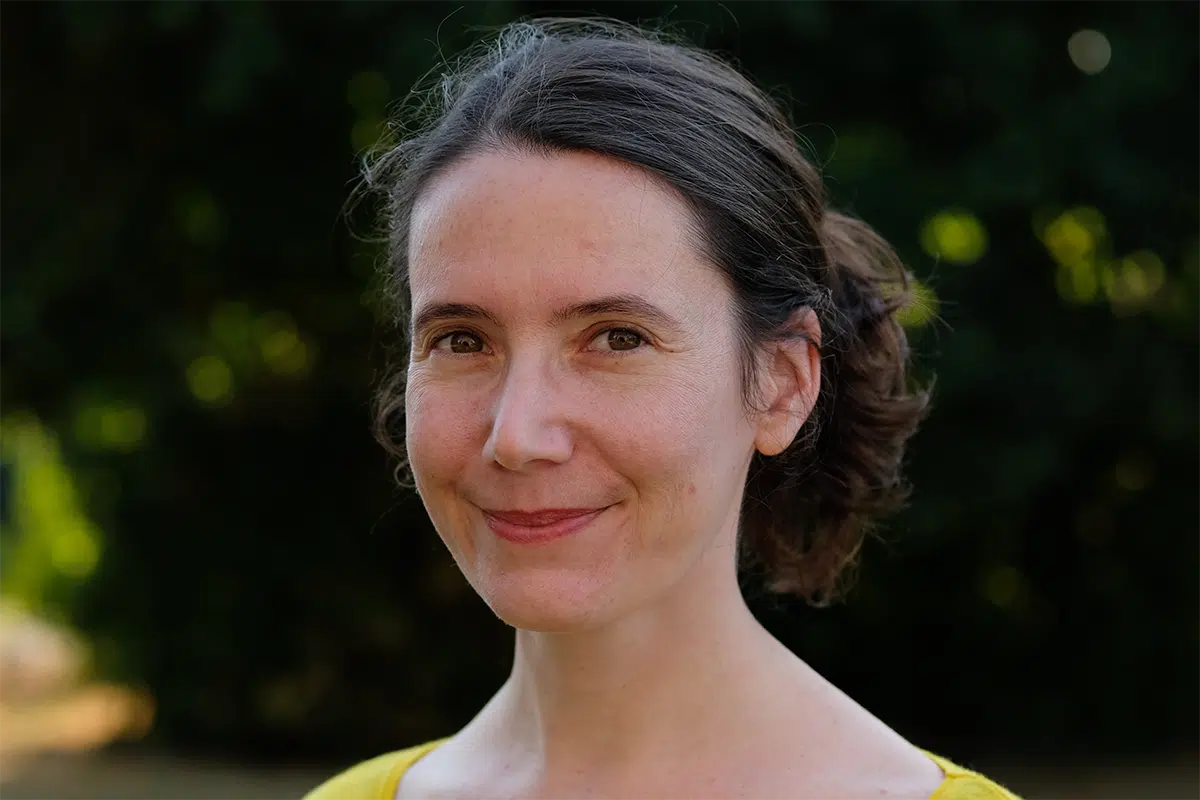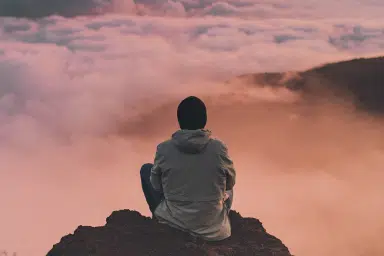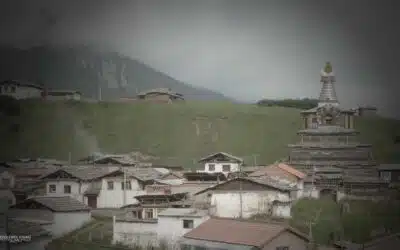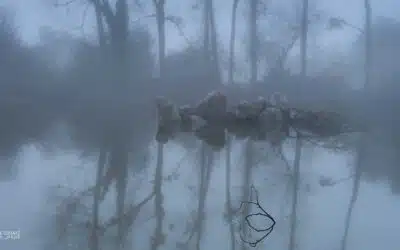A Time for Observation

Written By Maréva Bernard
Blog | Dzogchen Testimonials | The Dzogchen Journey
Mareva shares the importance of taking A Time for Observation when you start the journey to build a solid foundation. Listen, study, practice.
Series: The spiritual path in Dzogchen
Masters and Disciples
A time for observation
The spiritual journey can begin in many different ways, but very often, there is a turning point. An encounter, the reading of a text, something that makes us say ‘oh…, ah…, um… something has happened’. Our curiosity is piqued, and we can’t help but go further.
So begins the observation phase.
I attended my first teaching weekend 13 years ago. I went there, a bit to please someone and because, well, I was planning to go on vacation to Yunnan (China) two months later, so it might be interesting, at least culturally. In other words, I wasn’t (consciously) looking for anything and I didn’t have many expectations.
I found the first day fascinating. I came home as excited as a cat on a hot tin roof : ‘we talked about this, he explained that, it was really interesting…’.
On the second day, we practiced a bit and I got a real kick out of it. I don’t know exactly what happened, but I ended up sobbing myself, hidden under the huge scarf I had brought with me. I’d always wondered about life, the universe and everything else. I didn’t have any more answers, but it was as if someone had just told me: there is a way to answer them.
“This is not a path of passivity, not at the beginning, not in the middle and not at the end.”
After that weekend, I knew I was going to go further. But, like a good engineer, I double-checked. I bought two or three books on the subject to see if what had interested me so much that weekend was confirmed. I practiced the exercise I’d been given, almost every morning, to check that what I’d glimpsed made sense over time.
I asked the teacher about anything that seemed strange to me in the practice, about my moods for attending the next course, which fell during my holidays. I was met with patience, kindness and understanding.
So I went on vacation and signed up for the following session. From two days to a week. I received new instructions, which I again put into practice on a daily basis. I enrolled in the next course. Repeat. And I planned my first retreat, in a gîte in the countryside. Ten days to immerse myself more deeply in the practice.
And… it hasn’t stopped since.
Step by step.
I discovered that the tradition described the characteristics of a qualified master and advised the student to make sure they were all present before committing himself.
And that the master would also check that the student was qualified before giving him instructions.
Even though it’s tempting to start off with all guns blazing, this time of observation is crucial and allows the mind to get in tune with the heart. This is what will allow us to avoid doubts tomorrow, when we are more committed to the path. This is what will ensure that those salutary doubts at the beginning don’t become abysses of doubt in practice.
Let’s take the time to observe. Let’s take the time to be certain. But not by waiting passively.
We can make sure that the way of teaching suits us, that what we see does not offend us even if it may disturb us or shake our certainties. We don’t have to criticize to show our independence of mind, but we do need to remember that there is no such thing as ‘the best teacher’, only ‘the best teacher for you’.
Let’s listen, to check that it’s right for us, to remove any doubts about our teacher’s qualifications.
Let’s study, to check that it’s right for us, to gain complete confidence in the teaching we receive.
Let’s practice, to check that it’s right for us, to directly observe what’s going on in our mind and compare it with what we’ve studied.
Let’s not give in to laziness by deciding to do it ‘later’. Let’s not give in to hyperactivity by wanting to do everything straight away. Let’s not give in to the ease of wanting to leave our achievement in someone else’s hands. If we do, nothing will happen. We’ll stop as quickly as we started. Our momentum will turn to disappointment.
This is not a path of passivity, not at the beginning, not in the middle and not at the end. We are responsible for our practice and our path. And we don’t want to do just anything.
This human life is too precious.
Receiving teaching from a master, or teaching a disciple, is a strong connection that touches on the most priceless thing of all: the possibility of recognizing the primordial nature of our own mind.
More Posts
Diebu
In this article, “Diebu,” Mila Khyentse discusses the places of the lineages, particularly that of Diebu.
Be authentic!
In "Be Authentic!" Denis explores authenticity in the master-disciple relationship, a living space in which the nature of mind is recognized.
The First Day
In this article "The First Day", Mila Khyentse talks about the first day of the Tibetan year and what we usually do in a primordial way.





